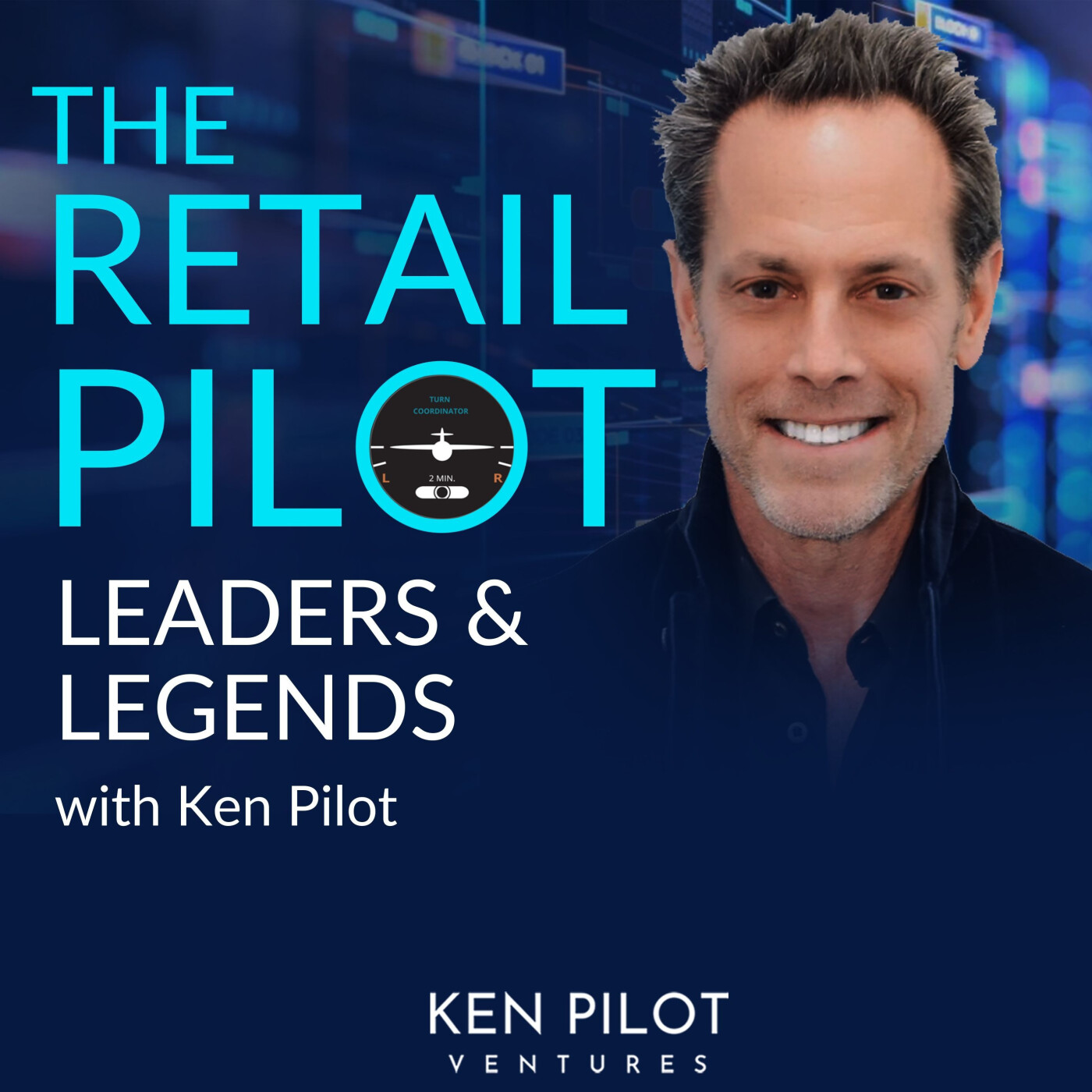

The Retail Pilot
Ken Pilot
The Retail Pilot is a series of interviews conducted by Ken Pilot with “Leaders and Legends” of the Retail industry. Ken will focus the conversation on his guests’ career journeys and their greatest career accomplishments and disappointments; gather insight into their leadership styles; learn who inspired them as they progressed through their careers; identify brands they admire; discover challenges they have faced; and talk about where they think Retail is headed and how they are leveraging technology to get there.
Hosted on Ausha. See ausha.co/privacy-policy for more information.
Hosted on Ausha. See ausha.co/privacy-policy for more information.


